Dental Health Month: Why Dental Cleanings Matter for Pets
February is National Pet Dental Health Month, a perfect reminder that oral health is essential to overall well-being. Many pet owners don’t realize that dental disease is one of the most common health problems in dogs and cats, affecting up to 80% of pets by age three.
At Lewiston Veterinary Clinic, we emphasize the importance of regular dental care to prevent painful infections, tooth loss, and systemic health problems. In this guide, we’ll cover:
- Why dental cleanings are necessary
- The dangers of untreated dental disease
- How to keep your pet’s teeth healthy at home
Why Does Pet Dental Health Matter?
Just like humans, pets are susceptible to plaque and tartar buildup, which can lead to gingivitis, periodontal disease, and painful infections. However, pets can’t tell us when they have a toothache, making preventative care critical.
According to the American Animal Hospital Association (AAHA), poor dental health can contribute to serious health issues, including:
- Heart disease (bacteria from the mouth can enter the bloodstream and damage heart valves)
- Kidney and liver infections (caused by chronic oral bacteria)
- Severe pain and difficulty eating
Ignoring dental care doesn’t just affect the mouth—it can shorten your pet’s life.
The Stages of Dental Disease in Pets
Stage 1: Plaque & Gingivitis
- Red, swollen gums
- Mild tartar buildup
- Bad breath
Stage 2: Early Periodontal Disease
- Moderate tartar accumulation
- Gum recession begins
- Mild discomfort
Stage 3: Moderate Periodontal Disease
- Infected, bleeding gums
- Loose or missing teeth
- Chronic pain
Stage 4: Advanced Periodontal Disease
- Severe bone loss and deep infections
- Potential spread of bacteria to major organs
- Painful abscesses requiring tooth extractions
The American Veterinary Medical Association (AVMA) recommends early intervention to prevent these stages from progressing.
What Happens During a Professional Dental Cleaning?
At Lewiston Veterinary Clinic, we offer comprehensive dental cleanings that include:
- Pre-anesthetic bloodwork to ensure safety
- Full-mouth examination to check for hidden issues
- X-rays to detect infections or fractures beneath the gumline
- Scaling and polishing to remove plaque and tartar
- Extractions (if necessary) to remove infected teeth
Dental X-rays are crucial because up to 60% of dental disease is hidden beneath the gums. Learn more about diagnosing fractured teeth and hidden dental problems from Today’s Veterinary Practice.
How to Maintain Your Pet’s Dental Health at Home
Between professional cleanings, pet owners play a huge role in preventing dental disease.
1. Daily Brushing
- Use pet-safe toothpaste (never human toothpaste—it contains toxic fluoride and xylitol).
- Start slow, rewarding your pet for cooperation.
2. Dental Chews and Treats
- Choose products with the Veterinary Oral Health Council (VOHC) seal of approval.
- Avoid hard chews (antlers, bones, and hooves) that can cause fractures.
3. Prescription Dental Diets
- Specially formulated dental kibbles can help reduce plaque buildup.

Common Myths About Pet Dental Health
Myth 1: “Bad breath is normal in pets.”
Truth: Bad breath is often the first sign of dental disease or infection.
Myth 2: “Dry food cleans my pet’s teeth well enough.”
Truth: While some dental diets help, regular brushing and professional cleanings are still necessary.
Myth 3: “Pets don’t need anesthesia for cleanings.”
Truth: Anesthesia-free cleanings do not clean below the gumline, where most disease occurs. Proper cleanings require full sedation for a thorough and pain-free experience.
Learn more about professional dental cleaning guidelines from AAHA.
Book Your Pet’s Dental Cleaning Today!
February is Dental Health Month, and there’s no better time to schedule your pet’s annual dental exam and cleaning.
Book your appointment now: Schedule a Dental Exam
A healthy mouth leads to a healthier, happier life—let’s work together to keep your pet smiling!



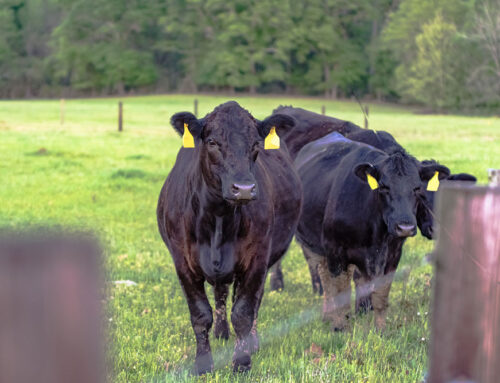
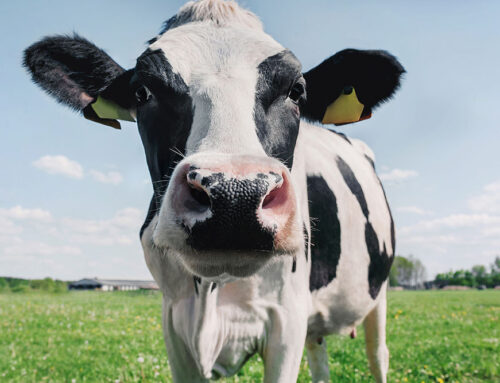
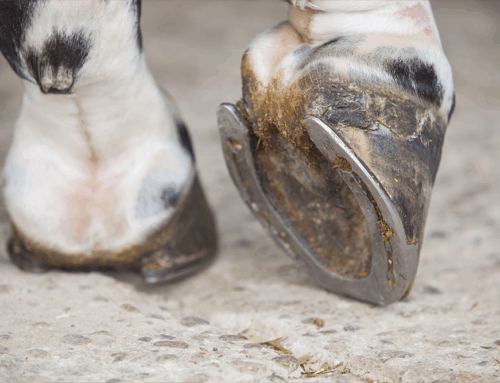


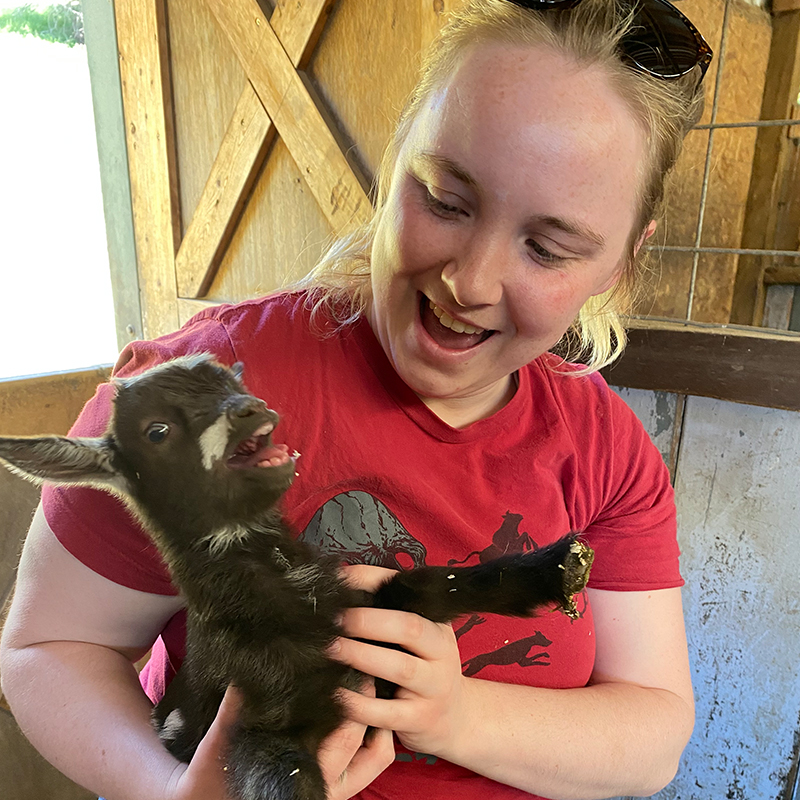



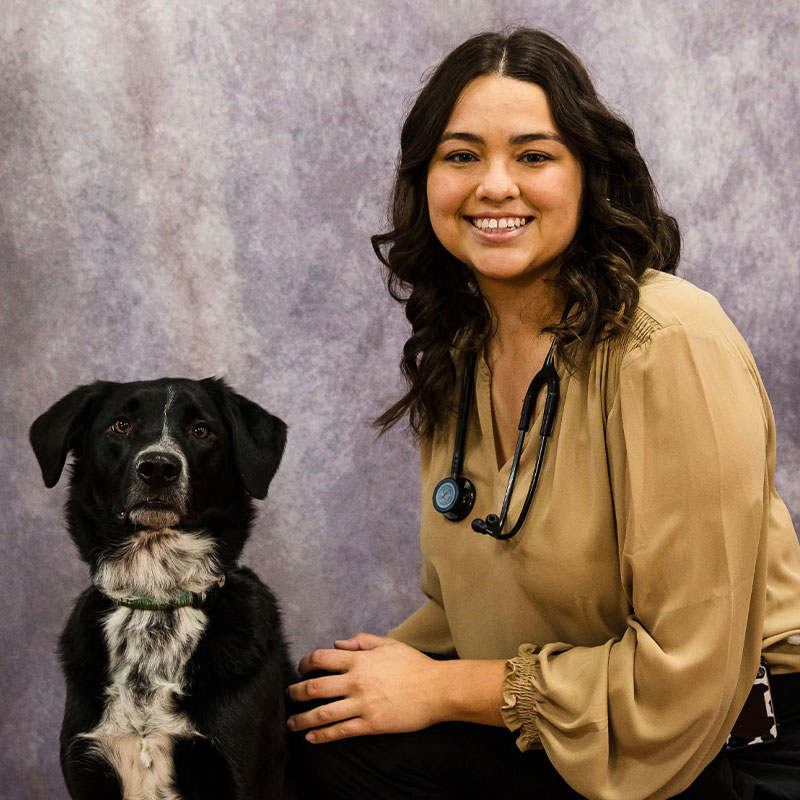

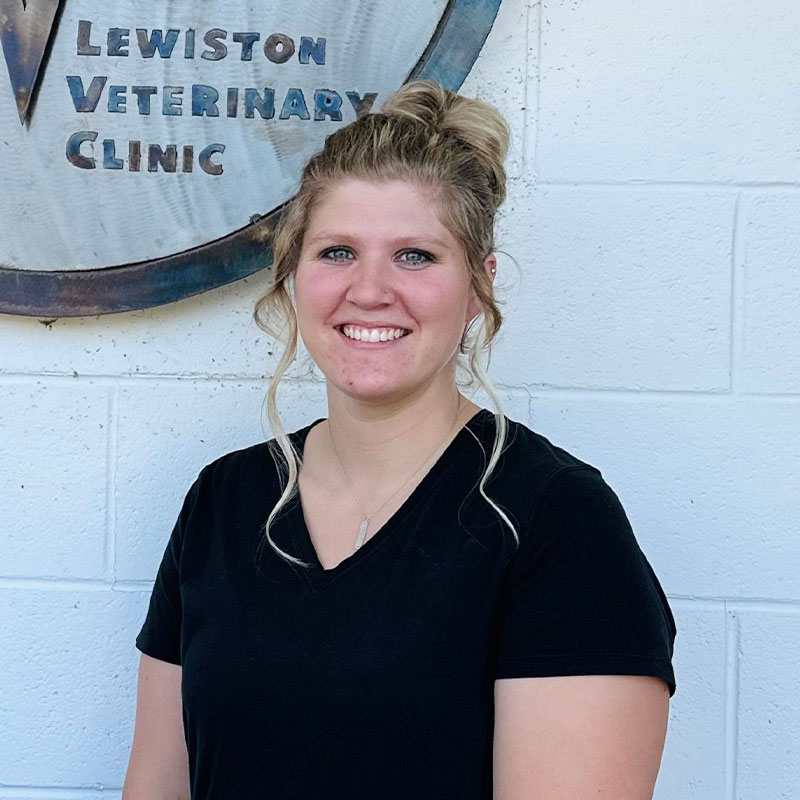





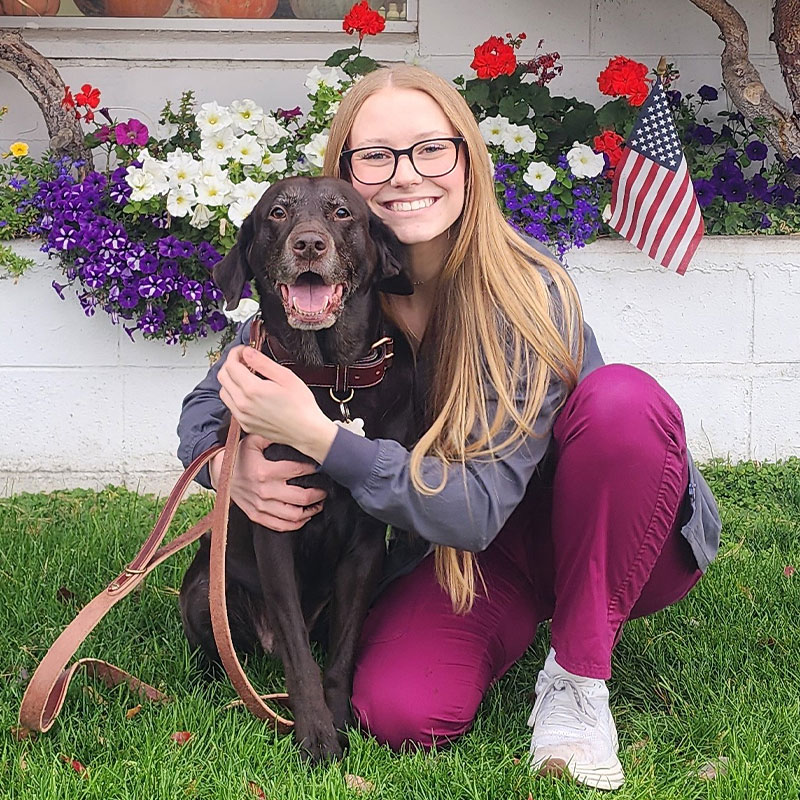
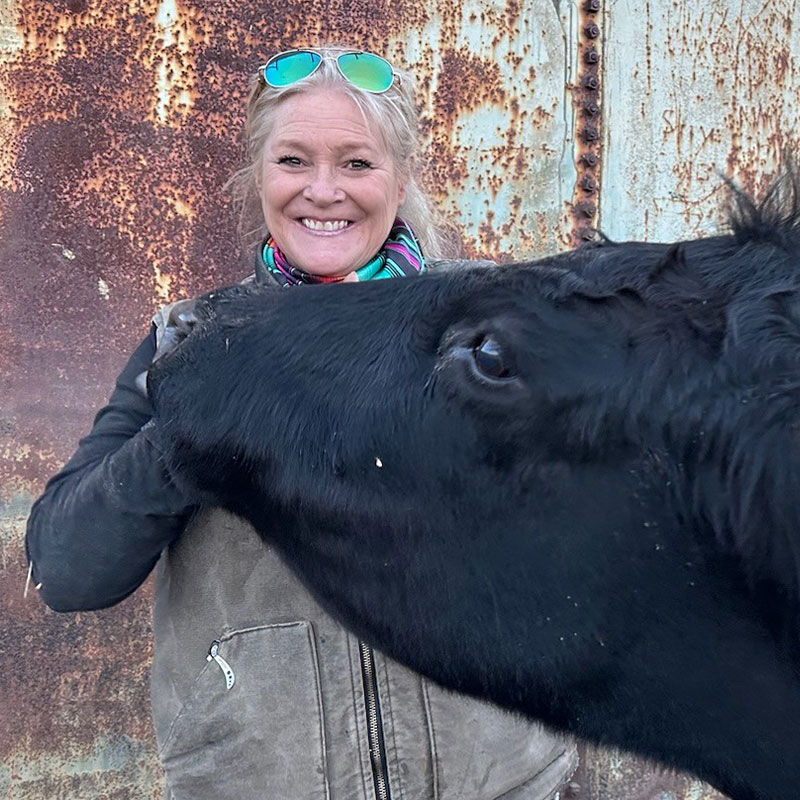






Leave A Comment